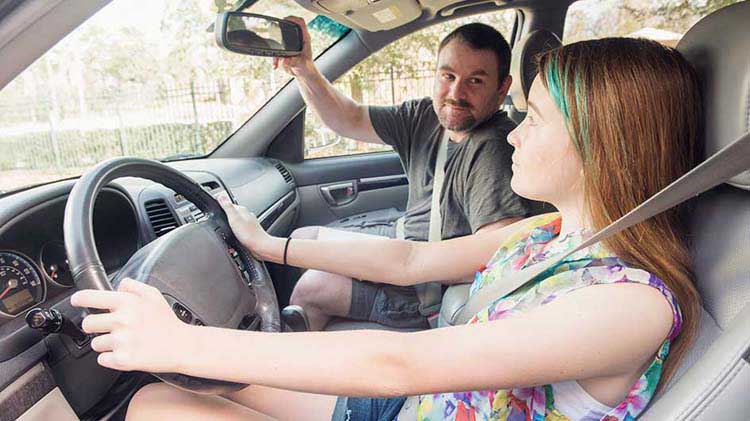Avoid these risks or you may fall asleep at the wheel
Drowsy driving can impair reflexes and lead to disaster. Try these tips to stay alert.
Drowsy driving can impair reflexes and lead to disaster causing about 100,000 police-reported crashes each year. The struggle to stay awake while driving may be more common than you realize. According to the CDC, 1 in 25 drivers reported falling asleep while driving in the past 30 days.
Fatigued driving isn't worth that risk: According to the National Highway Traffic Safety Administration’s report published in 2022, there were 663 reported fatalities involving a drowsy driver in the year 2020.
Late night drivers, workers who had a long day or those who haven't slept well should heed warning signs. If you're feeling the drowsiness coming on, yawning, blinking a lot or nodding off — or if you can't focus — think twice about getting on the road.
How to keep from falling asleep while driving
To help reduce your chances of falling asleep behind the wheel, try to follow these steps to stay alert and safe on the road:
- Get enough sleep at night. The Center for Disease Control (CDC) suggests adult drivers get at least seven hours of sleep prior to driving — and 8 hours for teens.
- Pull over for a break. If you feel bored, restless, are having a hard time concentrating or have tired eyes, you may need a break. Pull over to a rest stop, stretch, take a short nap or switch drivers. Consider taking a break every two hours.
- Adjust your car's settings. Try to stay more alert by keeping the temperature cool, playing loud, high-energy music, turning off the cruise control and placing your seat back in an upright position.
- Wear sunglasses during the day. Bright sunlight can cause you to squint, making your eyes tired.
- Watch what you eat and drink. Caffeine and sugary products don't ensure mental alertness. You may opt for water or juice, and high-protein foods rather than heavier fare.
Smart tech combating sleeping behind the wheel
Though it's no replacement for a good night's rest, current automotive technology can help pinpoint signs of drowsy driving and help prevent collisions.
- Fatigue warning systems track your steering, blink rate duration and other behaviors and will alert you if they suspect sleepiness.
- Lane departure warning and prevention systems monitor your vehicle's position and react if you're in danger of drifting into another lane.
- Forward collision warning systems use sensors to monitor the distance between your vehicle and a vehicle in front of you and may engage automatic braking to prevent accidents.
Drowsy driving can impair your skills, leading to potentially disastrous consequences. Learn more about the dangers of distracted driving.




